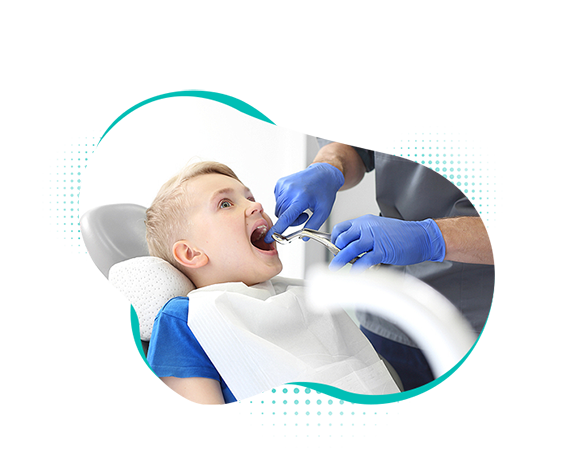Extractions
At Bull Creek Dental, we are proud to offer complete care for all your dental health.
or
Extractions
At Bull Creek Dental, we are proud to offer complete care for all your dental health.
or
- Home
- Extractions
- Home
- Extractions


Extractions
When the tooth is too severe and cannot be treated, then tooth extraction becomes the only option. A dental extraction can be the removal of one tooth or more. It is necessary when a patient is found to have an infected tooth, tooth decay, damage to the jaw, overcrowding, gum disease, and more.
There are several advantages of tooth extraction such as relief from excruciating tooth pain, prevention of infection and inflammation, keeping the adjacent teeth safe, etc. Tooth infection damages the teeth intensely. In this case, the filling does not help. Though the infection can be treated using antibiotics, if the patient has a loose tooth, then extraction is the last resort. Also, when there is not enough room in the mouth, the teeth need to be extracted. The advanced stage of gum disease also leads to loss of teeth, needing extraction. Many times, the third molars or wisdom teeth cause problems because it fails to make adequate space for them. Wisdom tooth removal is also necessary for such conditions.
The dentist at Bull Creek Dental is an expert in tooth extraction and knows when exactly it is needed.
Frequently Asked Questions
Tooth extraction is a dental procedure in which a tooth is removed from its socket in the jawbone. It is typically performed when a tooth is severely damaged, decayed, infected, or causing crowding or alignment issues.
Tooth extraction may be necessary for various reasons, including severe tooth decay, advanced gum disease, impacted wisdom teeth, overcrowding, preparation for orthodontic treatment, or to remove a damaged or broken tooth that cannot be repaired.
Tooth extraction is usually performed under local anesthesia, which numbs the area and minimizes discomfort during the procedure. Patients may experience pressure during the extraction, but they should not feel pain. After the extraction, some post-operative discomfort may occur, but it can be managed with pain medication and proper care.
The recovery period after a tooth extraction can vary depending on the complexity of the extraction and individual healing. Generally, it takes a few days to a week for the extraction site to heal fully. Following post-operative instructions and maintaining good oral hygiene are essential for a smooth recovery.
While tooth extractions are common and generally safe, there can be some risks and complications. These may include dry socket (a painful condition where the blood clot does not properly form in the socket), infection, excessive bleeding, or damage to surrounding structures. Your dentist will provide instructions on how to minimize these risks.
The extraction of a single tooth is not likely to have a significant impact on the adjacent teeth or jawbone. However, in some cases, multiple extractions or the removal of a crucial tooth may affect the alignment of neighboring teeth or lead to bone loss over time.
A wisdom tooth extraction is the removal of one or more third molars (wisdom teeth) at the back of the mouth. Wisdom teeth are often removed when they become impacted (unable to erupt fully) or cause problems like pain, infection, or crowding.
After a tooth extraction, it's advisable to stick to soft and cool foods for the first 24 hours. Avoid hot and spicy foods, crunchy or sticky items, and drinking through a straw, as these actions may interfere with the healing process. Gradually reintroduce regular foods as you feel comfortable.
Yes, after a tooth extraction, various tooth replacement options are available, including dental implants, bridges, and dentures. Discuss the most suitable option with your dentist based on your specific needs and dental health.
In most cases, tooth extraction during pregnancy can be safe, especially if it is necessary to address severe dental issues or infections. However, dentists often avoid elective procedures during the first trimester, and dental treatment during pregnancy should be discussed with both your dentist and obstetrician to ensure the best course of action for your health and the baby's well-being.
Take the first steps toward your perfect smile today!
Schedule An
Appointment Today
- |
Feeling Pain?
Call Us

Take the first steps toward your perfect smile today!
Schedule An Appointment Today
Feeling Pain? Call Us
